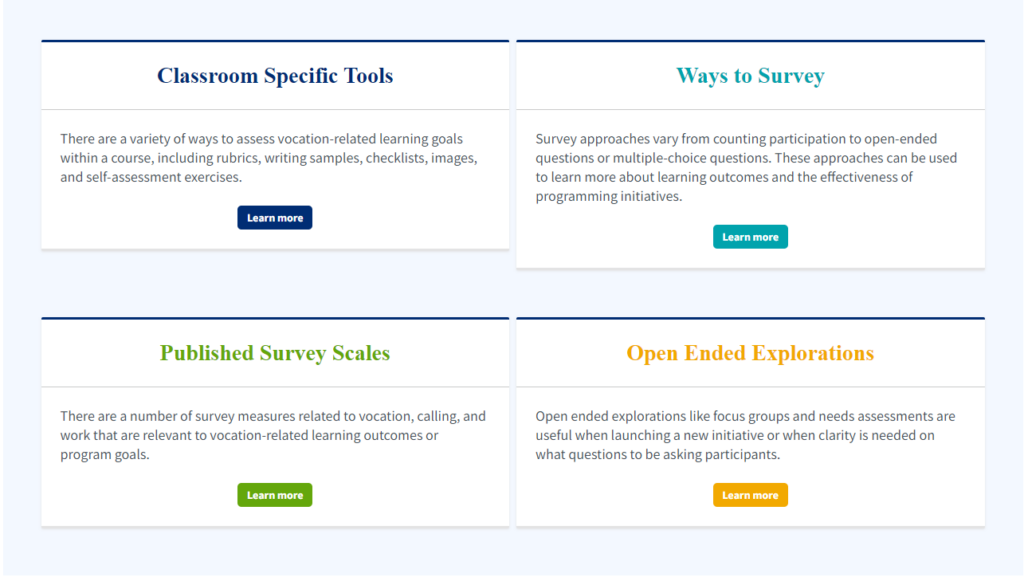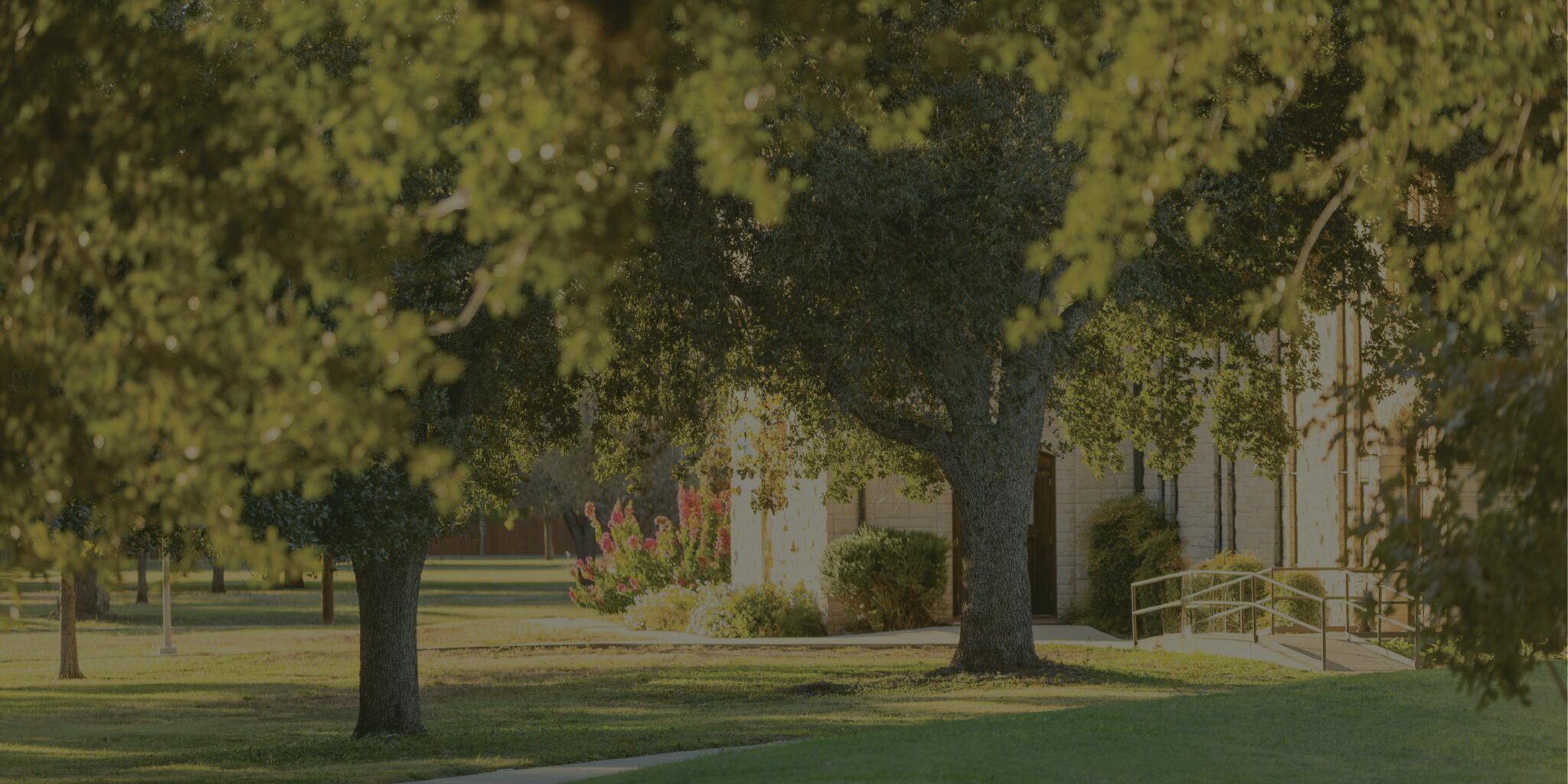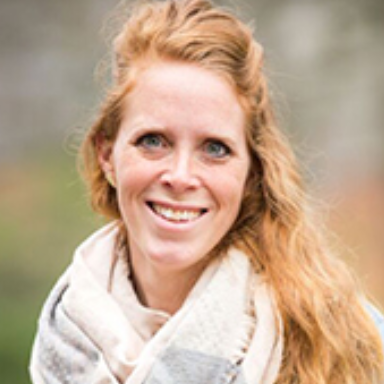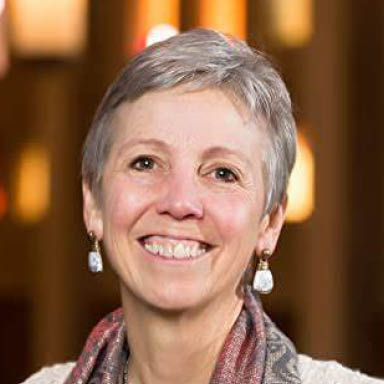NetVUE Resources
Assessing Vocation Projects and Programs
You may be surprised to learn that many vocation-specific tools are available to assess the progress of exploration and discernment programs on your campus. To make it easier to evaluate your efforts, NetVUE has gathered assessment resources that are specifically related to vocation; they are accessible through our new Resources for Assessing Vocation Website. This web resource features over ten different approaches to assessment and offers vocation-specific examples for each type. For class projects, for example, you can find a variety of rubrics, checklists, and images. You can also learn about various approaches to surveying that could be used in a classroom or for programs offered across campus for faculty, staff, or students. Additionally, the website includes details of published survey scales related to vocation, calling, and purpose that may be of interest if you are piloting a larger program on your campus. Rachael Baker, director of the NetVUE professional development program, is available to answer any questions about these resources at rbaker@cic.edu.


To report a technical problem with the website, or to offer suggestions for navigation and content issues, please contact Alex Stephenson, NetVUE communications coordinator, at astephenson@cic.edu.







